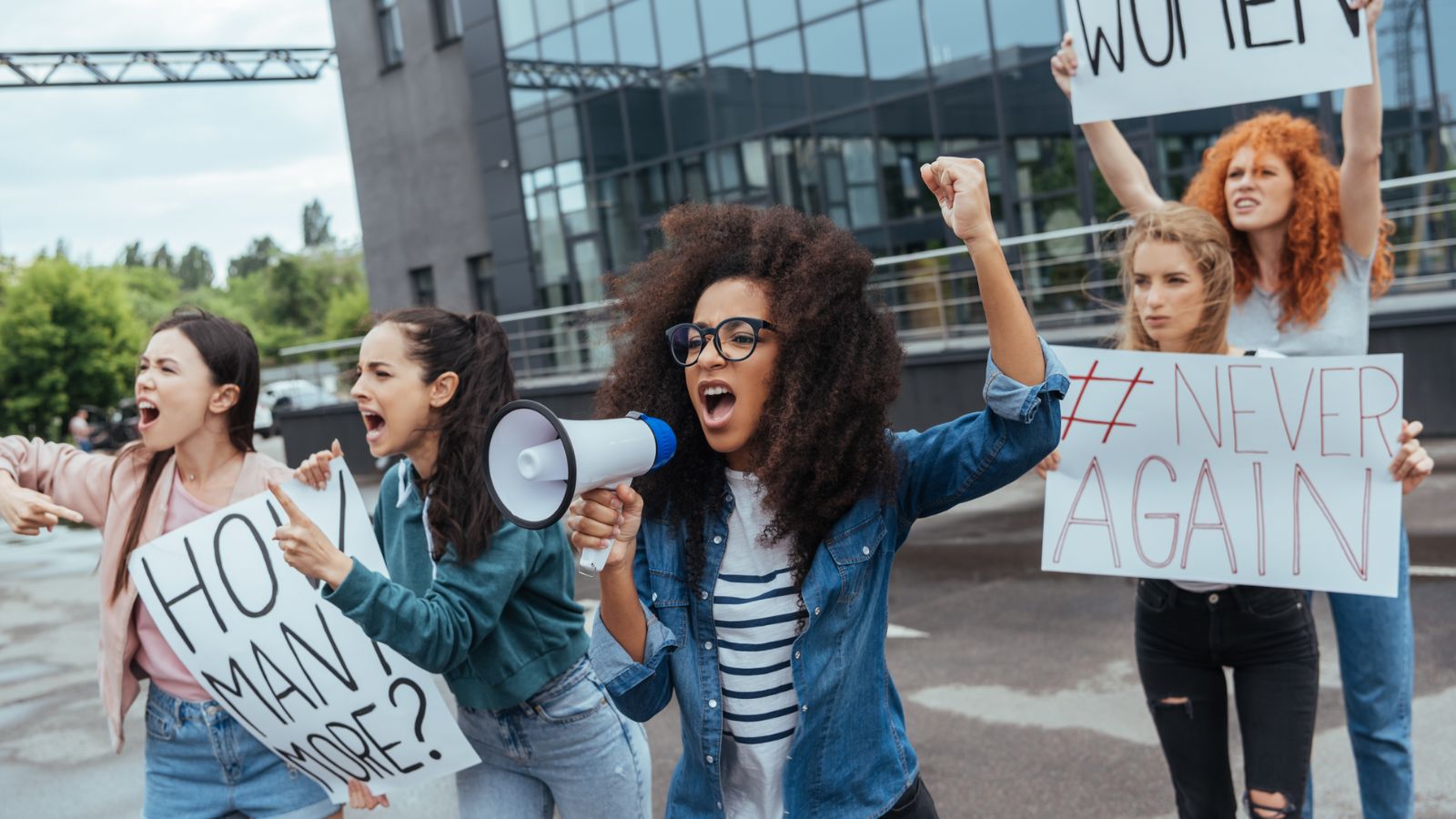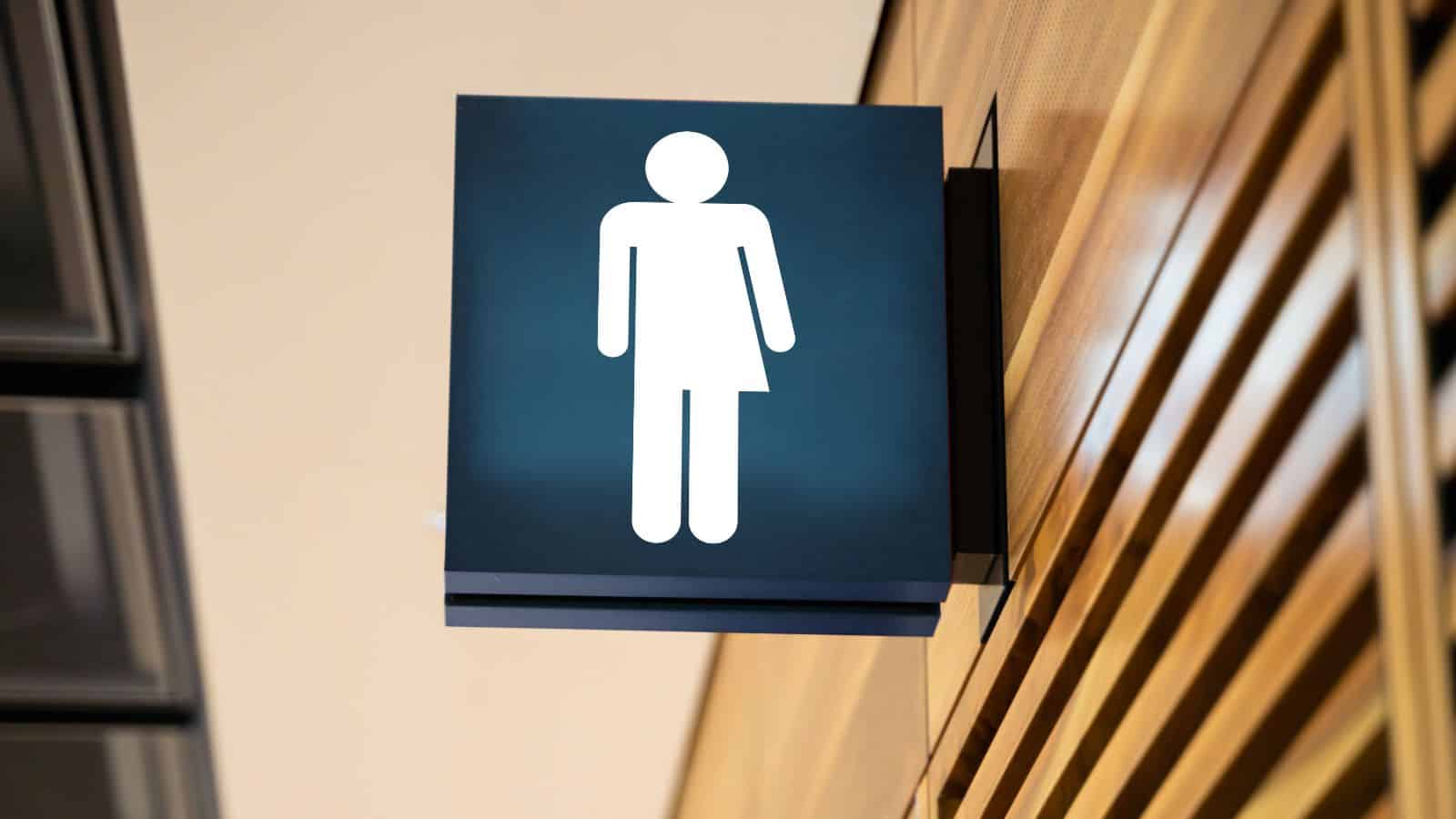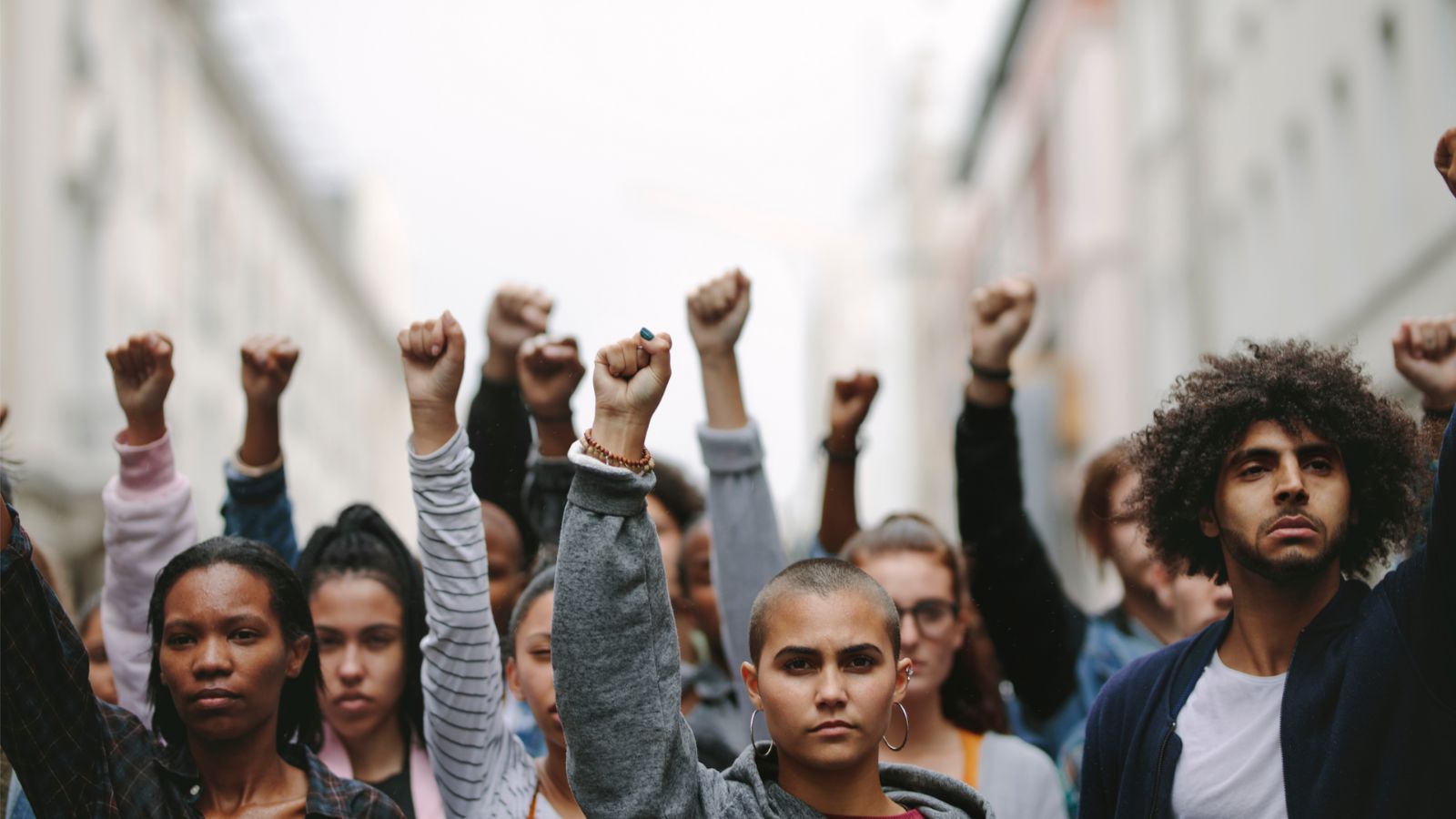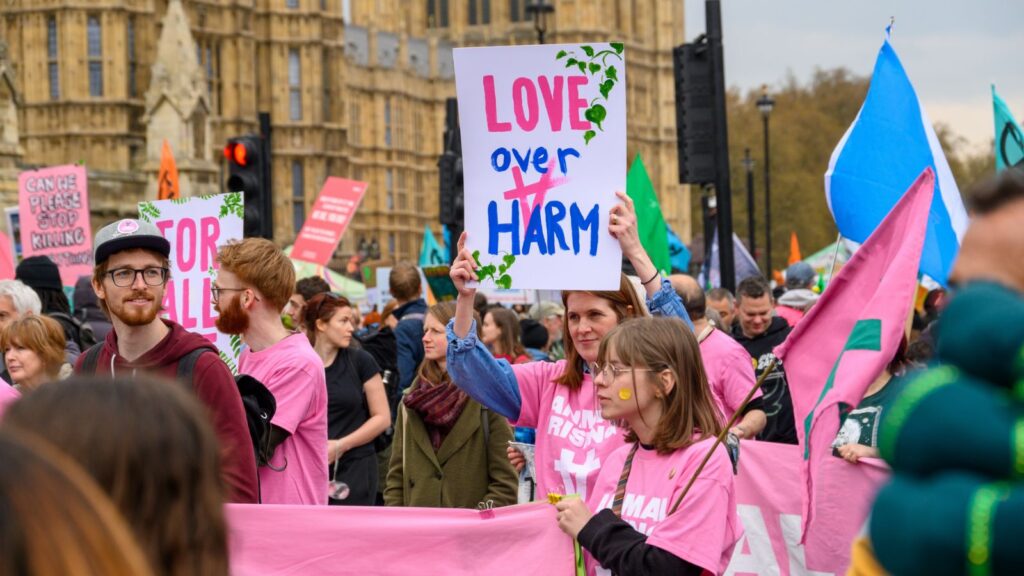The word “woke” has been tossed around quite a bit lately, often sparking heated debates. For many Baby Boomers, certain progressive policies labelled as “woke” seem to be changing the UK in ways they don’t appreciate. Let’s dive into 20 woke policies that boomers believe are negatively impacting the UK.
Pronoun Preferences

“68% of Baby Boomers say there are only two genders,” reveals NBC News. The rise in awareness and respect for different gender identities has led to the introduction of preferred pronouns. The older generation often finds this confusing and unnecessary, believing it complicates communication.
Changing School Curriculums

Many boomers feel that the UK school curriculum has become too politically correct. They argue that traditional subjects are being sidelined in favour of more contemporary issues that they consider less important. Subjects like British history and literature are, in their view, being overshadowed by lessons on diversity and inclusion.
Cancel Culture

Cancel culture is a hot topic. Many boomers feel it’s gone too far, arguing that people are being held to unrealistic standards and punished for mistakes made years ago. The idea that someone can be “cancelled” for a single misstep, even if they’ve shown personal growth since seems to many older folks as a harsh approach.
Safe Spaces

The concept of safe spaces in universities and other public places is another point of contention. Older people often see these as coddling young adults who should be learning to handle diverse opinions and tough situations. According to them, avoiding discomfort in the name of safety can limit personal growth.
Political Correctness

Many boomers view political correctness as an overreach that stifles free speech. They feel that being overly cautious about language can lead to self-censorship and a loss of honest conversation. For them, the emphasis on saying the “right” thing all the time creates an environment where people are afraid to speak their minds.
Diversity Quotas

Another policy that Baby Boomers often critique is the push for diversity quotas in hiring and education. They argue that merit should be the primary factor in decisions rather than meeting specific demographic targets. This approach, they claim, can lead to the selection of less qualified individuals over more capable ones.
Deplatforming Speakers

Many boomers see deplatforming controversial speakers at universities and public forums as a threat to free speech. They argue that even unpopular or offensive views should be heard and debated, and shutting down these discussions prevents critical thinking.
Gender-Neutral Facilities

The introduction of gender-neutral bathrooms and changing rooms is another change that older people find unsettling. They worry about privacy and safety, arguing that these spaces might not adequately protect individuals from potential harassment. This shift, in their view, complicates a straightforward system that worked well for most people.
Social Media Activism

While powerful, social media activism is seen by many from the boomer generation as a double-edged sword. They acknowledge its role in raising awareness but feel it often leads to superficial engagement with issues. The phenomenon of “slacktivism”—where people show support online but take no real-world action—seems to them like a hollow form of participation.
Emphasis on Microaggressions

The focus on identifying and addressing microaggressions in everyday interactions creates an environment where people are constantly policing their language and behaviour, which can lead to anxiety and confusion. Baby Boomers often argue that this focus detracts from addressing larger, more systemic issues.
Climate Change Activism

While acknowledging the importance of addressing climate change, many older folks feel that the activism surrounding it can be extreme, and that some measures proposed by activists are impractical and economically damaging. The push for rapid, radical changes often seems to them to disregard how complex it can be to implement such policies in a balanced way.
Changing Workplace Dynamics

The evolving dynamics in workplaces, such as flexible hours, remote work, and an emphasis on mental health, are seen as eroding traditional work ethics. Boomers worry that these changes lead to a lack of discipline and productivity. For them, the shift away from the conventional 9-to-5 model represents a move towards a more relaxed workforce.
Defunding the Police

Baby Boomers believe that reducing funding for law enforcement could increase crime and reduce public safety. Instead of defunding, they argue for reforming and improving police training and accountability to better serve communities.
Affirmative Action

Affirmative action in universities and workplaces is viewed by many as unfair, as older people argue that these policies—while well-intentioned—can lead to reverse discrimination. The idea that someone might be given an advantage based on their background rather than their abilities strikes them as a step backward.
Cultural Appropriation Criticism

The criticism of cultural appropriation is another contentious issue. Boomers often feel that cultural exchange and borrowing have always been part of human history, and they argue that labelling these practices as appropriation can stifle creativity and mutual appreciation.
Mental Health Days

Introducing mental health days in schools and workplaces can be seen as an excuse for avoiding responsibility. While those from the boomer generation recognise the importance of mental health, they worry that this policy can be abused and lead to a culture of avoidance.
Veganism Promotion

The promotion of veganism and plant-based diets, particularly in schools, is another point of contention. While offering these options is positive, there should not be pressure to conform to such diets. They argue that dietary choices are personal and that pushing a vegan agenda can seem like overreach.
Redefining Gender Roles

Boomers grew up with clear expectations of masculinity and femininity and find the current fluidity around gender roles disorienting. They worry that this shift could lead to identity confusion among young people and undermine social stability with gender roles being redefined.
Historical Revisionism

Another policy that older people often criticise is the re-examination and reinterpretation of historical events and figures. Boomers think judging the past by modern standards can be unfair, and they believe history should be understood in its context. Removing statues or renaming buildings, they believe, can erase important parts of history rather than educate.
Universal Basic Income

And lastly, the idea of a universal basic income (UBI) is seen by many boomers as impractical and unsustainable. They argue that providing a guaranteed income for all could discourage work and innovation. While they understand the intent to reduce poverty and inequality, they worry about the economic ramifications.







